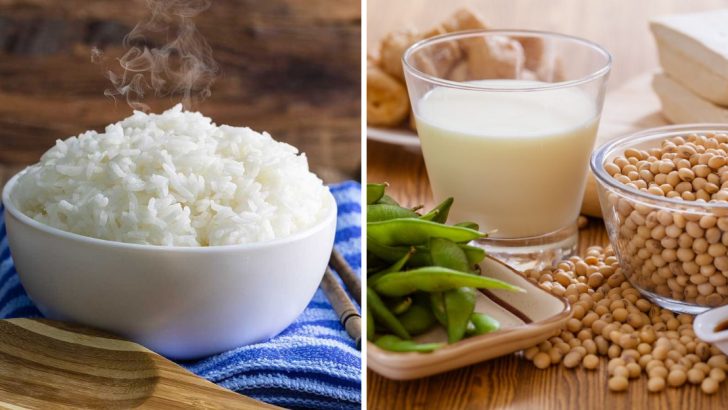Food myths spread faster than butter on hot toast! Some perfectly healthy ingredients have gotten an undeserved bad reputation through outdated science, flashy headlines, or plain old misunderstandings.
We’ve been needlessly avoiding these nutritious foods based on half-truths and scary stories. Let’s set the record straight about these 20 unfairly demonized foods that deserve a second chance on your plate.
1. Eggs

Remember when eggs were public enemy #1? The cholesterol panic of the ’90s had everyone tossing egg yolks like hot potatoes. Turns out the science was as scrambled as your morning omelet!
Modern research shows dietary cholesterol doesn’t significantly impact blood cholesterol in most people. Eggs actually pack essential nutrients like choline for brain health and lutein for your eyes. One large egg delivers 6 grams of complete protein and 13 essential vitamins in just 70 calories.
2. Potatoes
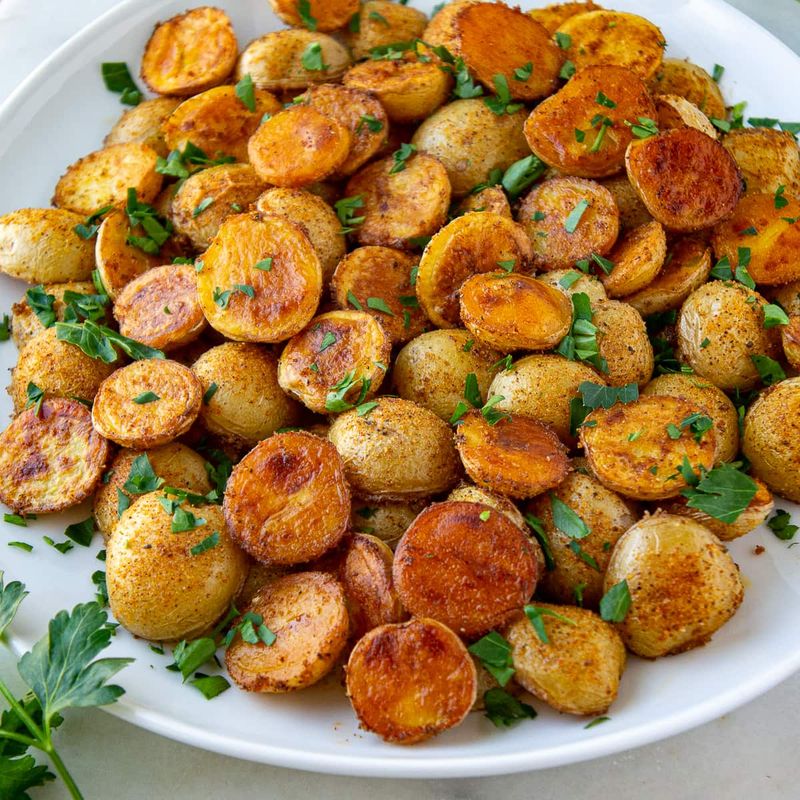
Spuds got a life sentence when low-carb diets hit the scene. “Potatoes are nothing but empty calories and sugar bombs!” the diet gurus screamed. What absolute nonsense!
A medium potato contains just 110 calories while delivering more potassium than a banana, nearly half your daily vitamin C, and plenty of fiber (especially in the skin). They’re also incredibly filling, which can prevent overeating later.
3. White Rice
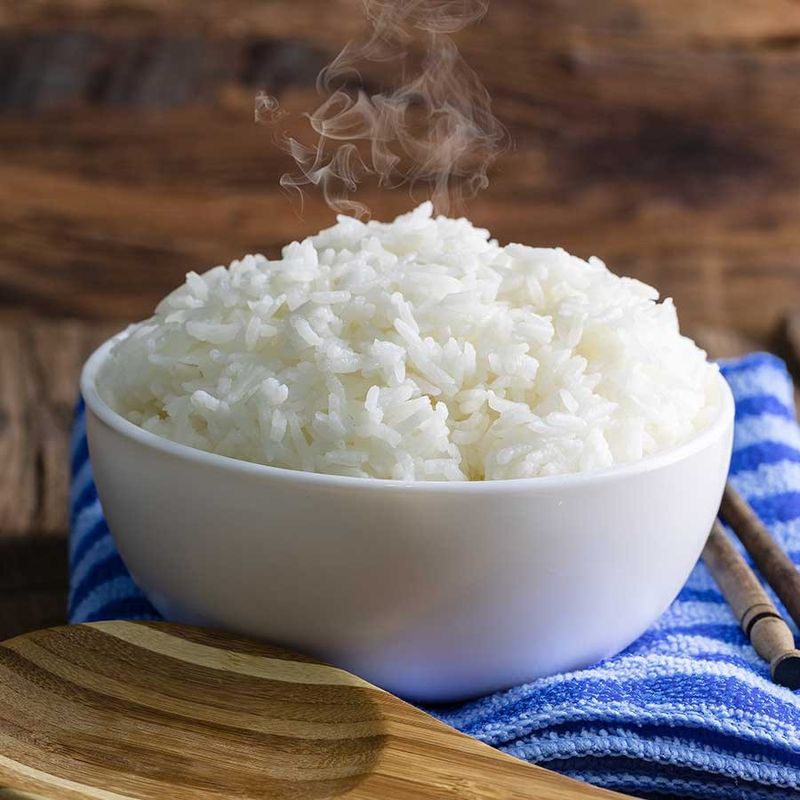
White rice gets treated like nutrition’s bad boy compared to its whole-grain siblings. “It’s basically sugar!” scream the wellness influencers. But this staple food deserves way more respect.
White rice is also fortified in many countries, adding back essential B vitamins. While it may not have brown rice’s fiber content, it pairs beautifully with fiber-rich vegetables and legumes. Context matters more than eating any single food in isolation!
4. Bananas
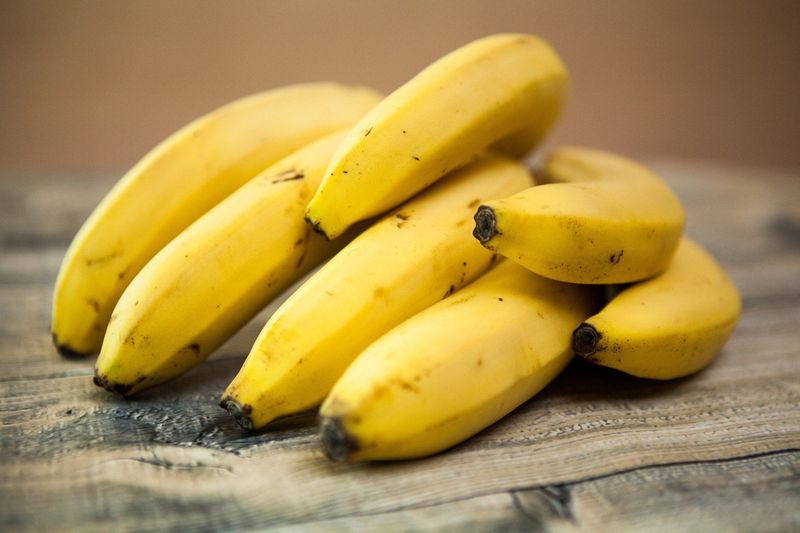
“Bananas are sugar bombs! They’ll spike your blood sugar!” shout the fruit-fearers. Hogwash! These curved yellow wonders have been unfairly lumped into the sugar villain category despite their impressive nutritional resume.
Sure, bananas contain natural sugars, but they come packaged with fiber that slows absorption. They’re potassium powerhouses that support heart health and muscle function. Unripe green bananas even contain resistant starch, a prebiotic fiber that feeds your gut bacteria.
5. Gluten
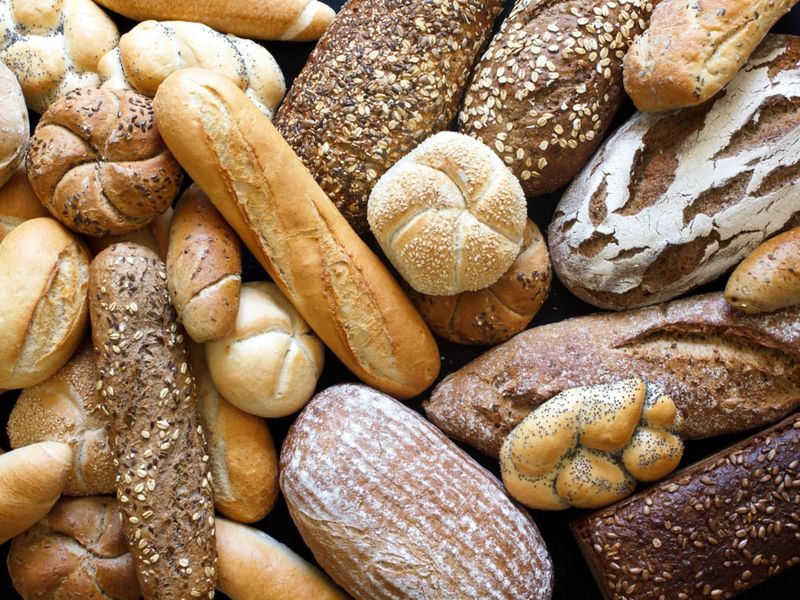
Gluten transformed from obscure protein to public enemy faster than you can say “celiac disease.” Suddenly everyone and their yoga instructor claimed gluten sensitivity! The anti-gluten crusade spawned a billion-dollar industry overnight.
Truth bomb: Unless you have celiac disease (affecting about 1% of people) or diagnosed non-celiac gluten sensitivity, there’s zero scientific evidence that gluten harms your health. Whole grains containing gluten provide fiber, B vitamins, and sustained energy.
6. Dairy
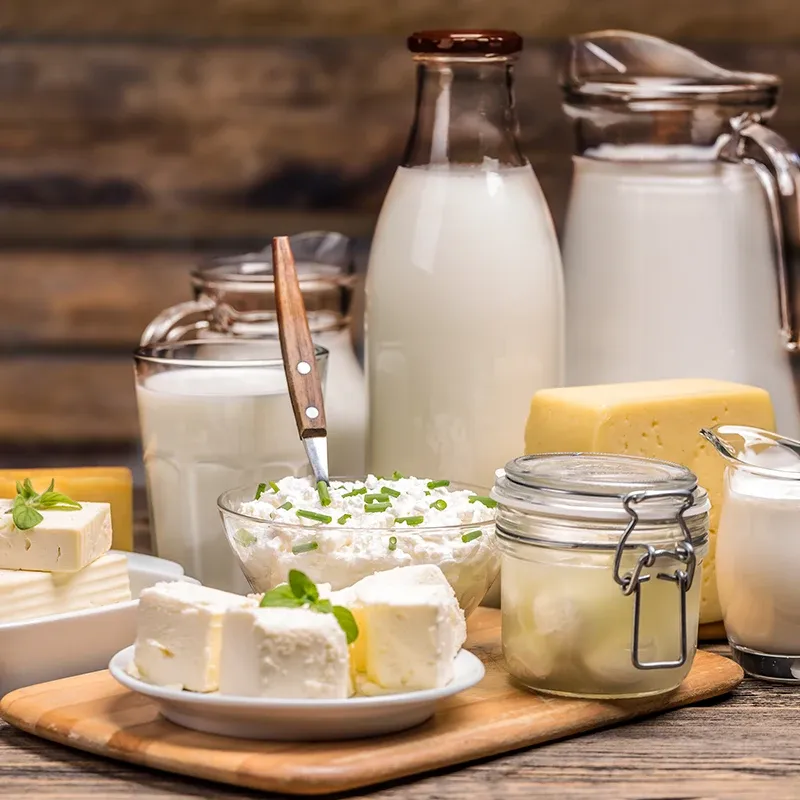
Holy cow, has dairy been demonized! From causing acne to cancer, milk products have been blamed for practically everything except global warming. Yet cultures with the longest lifespans often include dairy as dietary staples.
While lactose intolerance is legitimate for many adults worldwide, dairy remains an exceptional source of bioavailable calcium, complete protein, and vitamin B12. Fermented options like yogurt and kefir deliver probiotics that nourish your gut microbiome.
7. Red Meat

Steak has been stabbed in the back by sensationalist headlines! While plant-forward eating has genuine merits, the wholesale demonization of red meat ignores crucial nuance and nutritional reality.
Unprocessed red meat delivers highly absorbable iron, zinc, B vitamins, and complete protein that plant foods can’t match. Many negative studies fail to distinguish between processed meats (like hot dogs) and unprocessed cuts. They also rarely account for how the animals were raised or what else study participants ate.
8. Peanut Butter
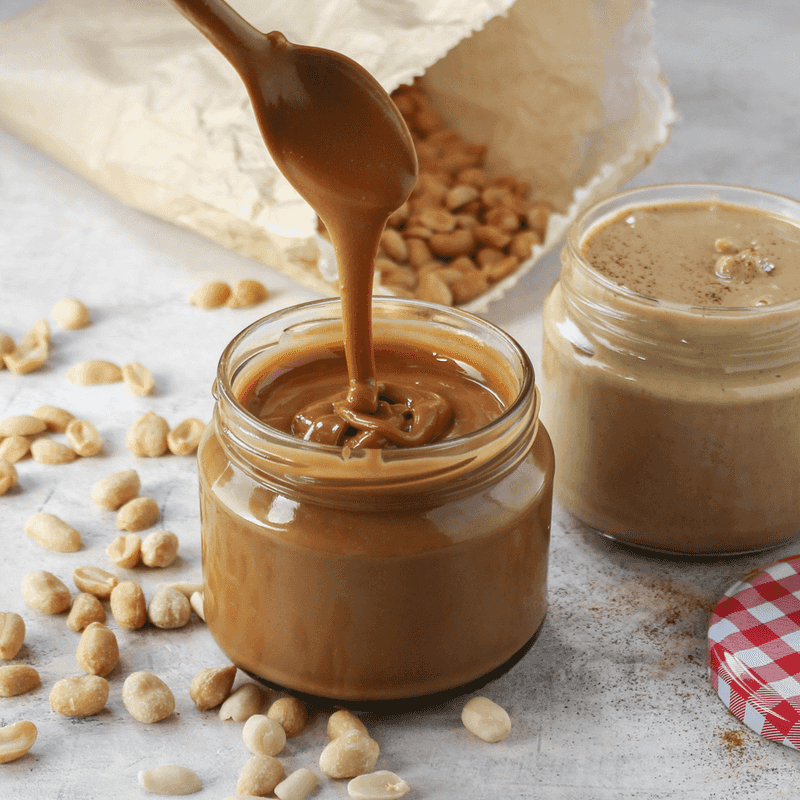
“Too fatty! Too many calories!” The peanut butter panic has spread faster than the creamy stuff itself. This protein-packed spread got lumped in with junk food despite impressive nutritional credentials.
Just two tablespoons deliver 8 grams of plant protein and 2 grams of fiber. Yes, it’s calorie-dense, but those calories come with heart-healthy monounsaturated fats, vitamin E, magnesium, and potassium. Studies link regular nut consumption to lower heart disease risk and better weight management.
9. Coffee

Coffee has been called everything from addictive drug to miracle elixir. Your grandma might still warn it’ll stunt your growth (it won’t), while your coworker claims it’s killing your adrenals (also untrue).
Science has actually given coffee a stunning redemption arc! Regular consumption is linked to lower risks of Parkinson’s disease, type 2 diabetes, certain cancers, depression, and even overall mortality. The antioxidant content in coffee outranks many fruits and vegetables.
10. Dark Chocolate

Chocolate’s transformation from dietary devil to antioxidant angel represents one of nutrition’s greatest plot twists! Still, many people feel guilty enjoying this ancient treat, convinced it belongs on the “naughty list.”
High-quality dark chocolate (70%+ cacao) contains impressive amounts of iron, magnesium, copper, and manganese. Its flavanol content supports healthy blood pressure and improves blood flow to the brain and heart. Studies suggest regular dark chocolate consumers have lower heart disease risk.
11. Salt
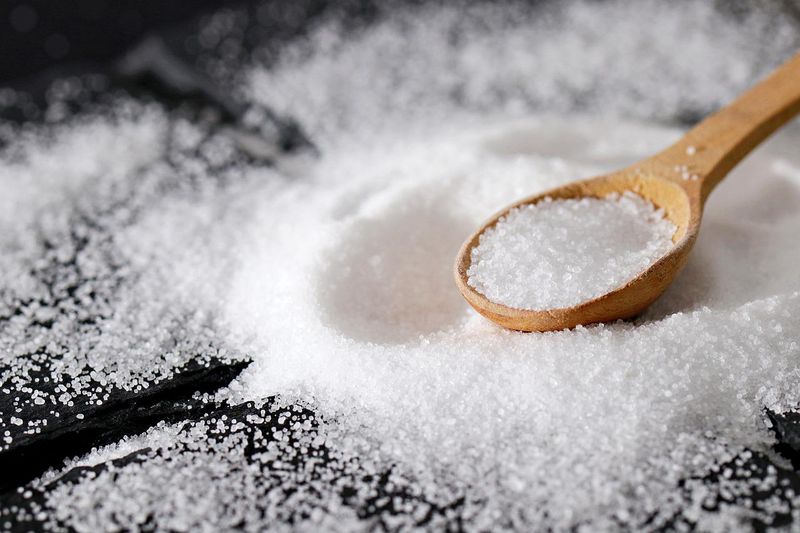
Salt has been branded public health enemy #1 for decades. “It’ll raise your blood pressure! It’ll give you heart disease!” But the white crystals’ bad reputation might be somewhat… overblown.
Sodium is actually an essential electrolyte that regulates fluid balance, nerve transmission, and muscle function. While excessive sodium can raise blood pressure in salt-sensitive individuals (about 25% of people), moderate intake is vital for health.
12. Butter
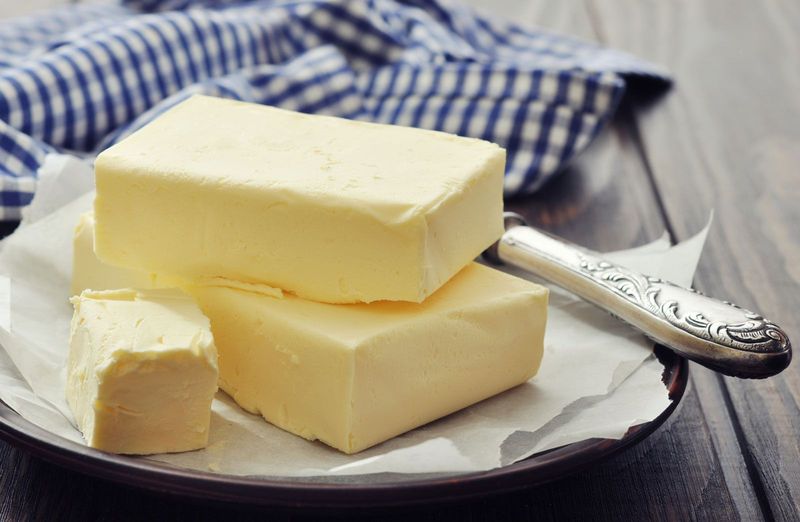
Butter got the boot during the fat-phobic 80s and 90s when margarine (loaded with now-banned trans fats) was ironically promoted as heart-healthy! Talk about a slippery situation.
Real butter contains fat-soluble vitamins A, E, and K2, plus the fatty acid butyrate that supports gut health. Grass-fed varieties offer omega-3 fatty acids and conjugated linoleic acid with potential health benefits. The saturated fat in butter doesn’t appear as harmful as once thought when consumed in reasonable amounts.
13. Bread

“Bread makes you fat!” scream the carb-phobic diet books. This ancient staple food that sustained civilizations for millennia suddenly became nutrition’s most wanted criminal. How did we get here?
Quality matters enormously. Mass-produced white bread bears little resemblance to traditional sourdough or whole grain varieties. Properly fermented breads break down anti-nutrients, making minerals more bioavailable. Sourdough fermentation even lowers the glycemic impact.
14. Shellfish

Shrimp, crab, and lobster got labeled as cholesterol bombs decades ago. “They’ll clog your arteries!” warned outdated nutrition advice. Many still avoid these delicacies, fearing cardiovascular consequences.
Modern science has completely reversed this view! Shellfish provide exceptional nutrition—they’re packed with high-quality protein, vitamin B12, zinc, selenium, and copper. The omega-3 content supports brain and heart health. That cholesterol? It minimally impacts blood cholesterol levels in most people.
15. Pasta
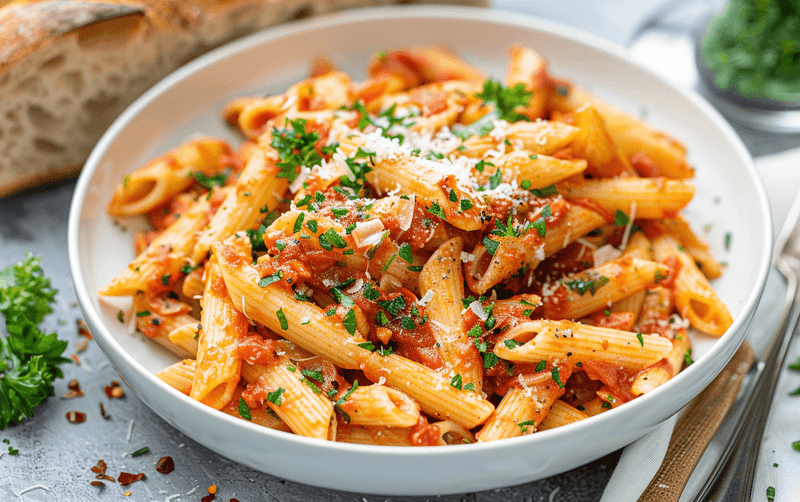
Pasta got pummeled by the low-carb movement! This Italian staple transformed overnight from comfort food to dietary disaster. “It’ll spike your blood sugar and make you fat!” claimed the carb-fearers.
Reality check: Traditional pasta has a moderate glycemic index, especially when cooked al dente. It provides steady energy rather than dramatic blood sugar spikes. Italians consume pasta regularly yet have lower obesity rates than Americans.
16. Corn
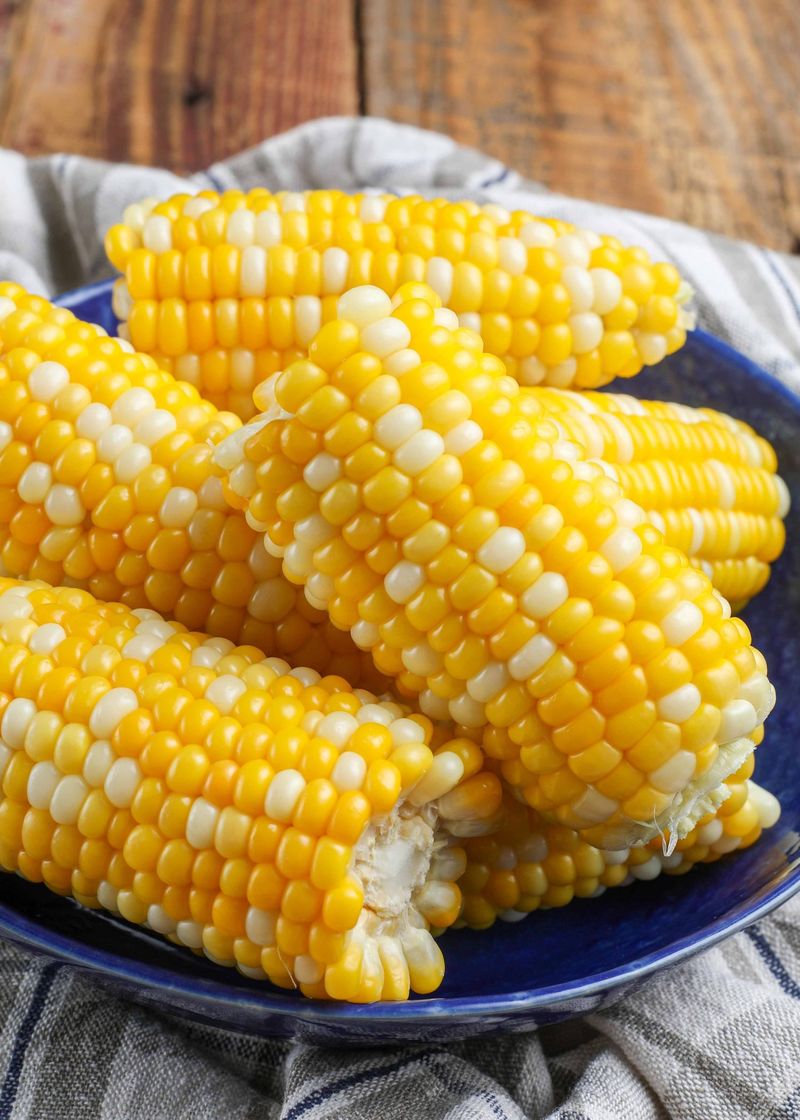
Corn caught flak from all directions! Anti-GMO activists, paleo dieters, and processed food critics united against this ancient grain. “It’s just sugar!” they claimed. “Completely genetically modified!” others warned.
Fresh corn actually qualifies as both a vegetable and a whole grain. It delivers fiber, B vitamins, and antioxidants like lutein and zeaxanthin that protect eye health. Corn contains nearly as much antioxidants as some fruits!
17. Full-Fat Yogurt

Fat-free yogurt dominated supermarket shelves during the fat-phobic decades. Full-fat varieties were portrayed as heart attacks in a cup, while manufacturers pumped fat-free versions with sugar to improve flavor.
Plot twist! Research now suggests full-fat dairy consumption correlates with lower obesity rates. The fat helps you absorb fat-soluble vitamins and keeps you satisfied longer. Full-fat yogurt contains conjugated linoleic acid with potential anti-cancer properties.
18. Coconut Oil
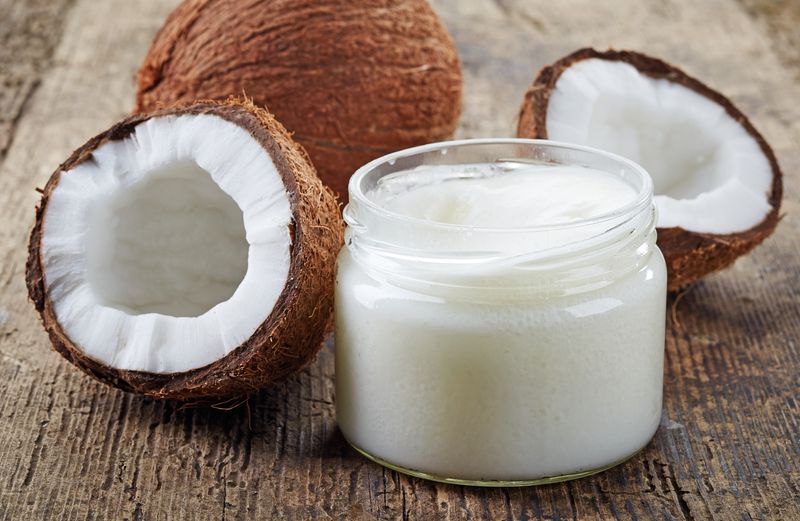
Coconut oil got whiplash-inducing treatment from nutrition experts! First demonized for saturated fat content, then glorified as a miracle food, then condemned again. The American Heart Association even issued warnings against it.
The reality lies somewhere in between. Coconut oil’s medium-chain triglycerides metabolize differently than other saturated fats, potentially supporting weight management and brain health. Populations consuming traditional coconut-heavy diets often show excellent cardiovascular health.
19. Avocados

“Too fattening!” That’s the ridiculous charge leveled against avocados for decades. These creamy green fruits were casualties of the low-fat era when all high-fat foods were painted with the same villainous brush.
Avocados contain mostly monounsaturated fat—the same heart-healthy kind found in olive oil. They’re packed with potassium (more than bananas!), fiber, folate, and vitamins K, E, and B6. Their fat content actually helps you absorb fat-soluble nutrients from other foods.
20. Soy Products
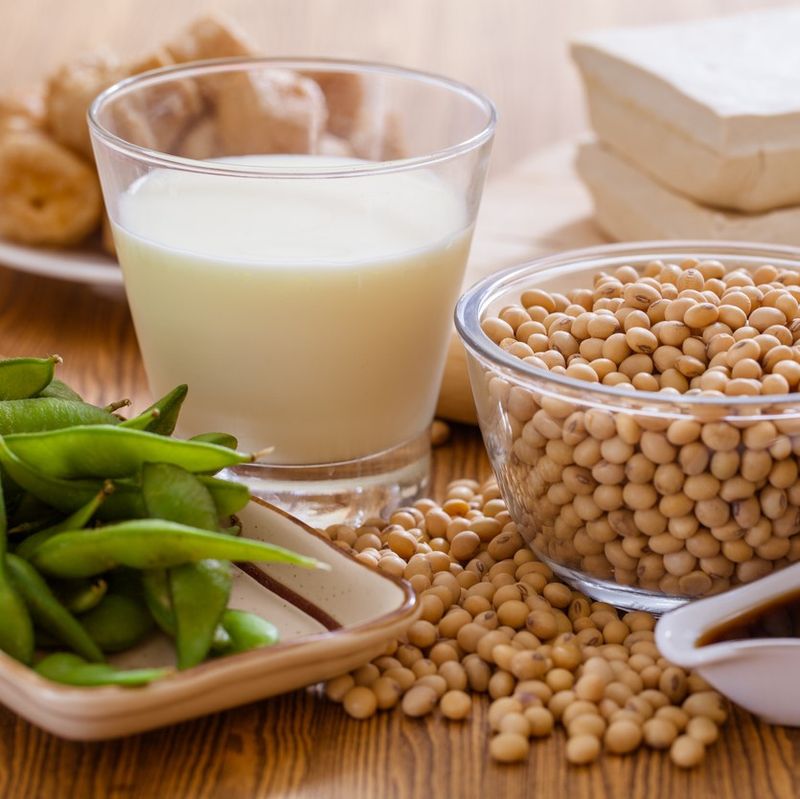
Soy suffered perhaps the most vicious smear campaign in food history! “It’ll give men breasts!” “It causes cancer!” “It destroys your thyroid!” These wild claims spread faster than tofu scramble at a vegan brunch.
Decades of research paint a dramatically different picture. Traditional soy foods like tofu, tempeh, and miso have been consumed for thousands of years in Asian countries with lower rates of hormone-sensitive cancers and heart disease. Moderate soy consumption appears protective, not harmful.

